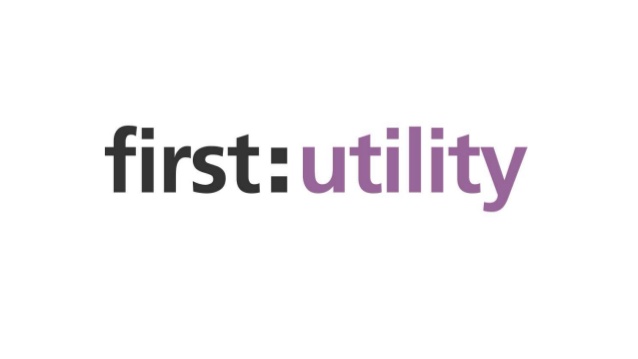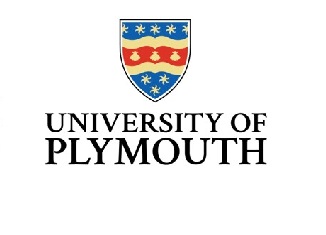The European Union is funding a consortium that will test the quality of open source software.
The Software Quality Observatory for Open Source Software (SQO-OSS) has been awarded €1.6 million under the EU's Sixth Framework Programme (FP6). The total cost of the project is estimated to be €2.47 million.
SQO-OSS will be developing a suite of software quality assessment tools to analyse and benchmark the quality of source code and prove its suitability for enterprise deployment.
By helping European software developers improve the quality of their code and providing scientific proof of the quality of OSS, the consortium hopes to increase the enterprise-level adoption of OSS and support European small and medium sized enterprises (SMEs) and projects competing with large global corporations.
The €2.47m project will introduce innovative software quality metrics and will combine these metrics through the use of data mining and artificial intelligence to provide clear quality evaluations for users and developers.
Paul Adams, research manager for Sirius Corporation, said: 'The early stages of the project are concerned with the generation of new metrics for the assessment of software quality. Because of the nature of open source, we are not only restricted to evaluating source code, we can also investigate mailing list information, CVS and SVN usage, bug-fix databases, etc. Potentially all outputs from the development process could be assessed for their effect on quality.
'Because of this large knowledge generation phase, coding shall not begin until the end of the first year of the project. However, it is our firm intention to get usable tools available as soon as possible.'
The project will be led by the Athens University of Economics and Business.
The project will:
- Deliver a plug-in based quality assessment platform, featuring a web and an IDE front-end;
- Develop a set of software metrics that will take into account quality indicators from data that is present in an Open Source project's repository;
-Publish a league of Open Source software applications, categorised by their quality;
- Release its output under the BSD licence to stimulate business interest.
Professor Diomidis Spinellis, the Project Leader, said: 'An industry matures when its products become standardised commodities. Through the objective evaluation of open source projects, SQO-OSS will provide many smaller and less known projects with the visibility and respectability they deserve.'
© 2006 Times Higher Education. Original article by Anonymous
















































